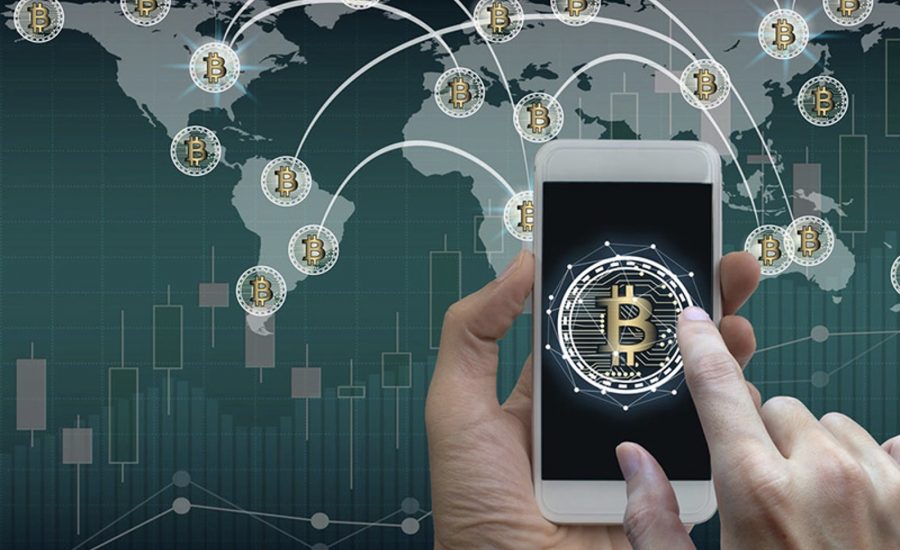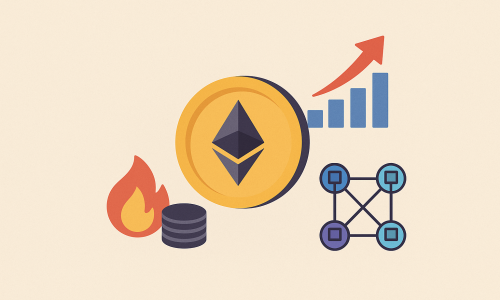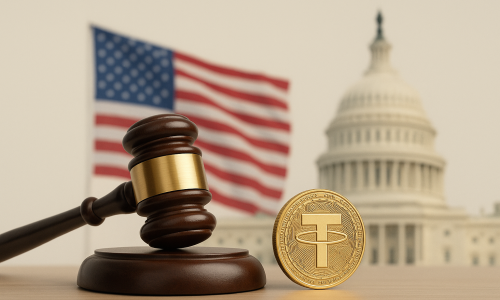The World Bank’s July 2022 data recorded the world’s unbanked population as 1.4 billion people. These individuals do not possess bank accounts or opt not to participate in the banking system.
We aim to help our readers stay well-informed about the countless advantages that crypto-assets deliver. We believe sharing this news on our portal will be beneficial for them.
Banked people are consumers who have access to the products and services banking institutions offer.
They have access to credit cards, consumer loans, mortgages, and many other offerings of traditional financial institutions.
On the other hand, unbanked people do not possess a bank account nor utilize banking institutions’ services. They typically use cash to pay for services and products.
Unbanked people also usually buy prepaid debit cards or money orders to settle their transactions.
These consumers generally do not have a subscription to investment offerings like pensions, insurance, and other professional financial service types.
According to the news report posted online by India-based business and stock market news source CNBC TV18, cryptocurrency experts believe the world’s unbanked population can benefit from using virtual currencies instead of conventional financial instruments like fiat money, credit and debit cards, checks, and so forth.
The following are the four advantages the unbanked population can obtain from using cryptocurrencies in their day-to-day transactions:
1. Cryptocurrencies do not require a minimum balance.
Virtual currency users do not need to utilize a cryptocurrency wallet regularly to keep it activated. On the other hand, banks require clients to maintain a minimum balance which can be expensive for most savings accounts and unaffordable for the poor.
Additionally, most unbanked people do not have the kind of money to keep a minimum balance or cannot afford to keep their funds lying in a savings account.
Traditional financial institutions also impose fines if a savings account’s balance dips below the minimum balance requirement.
2. Considerable documentation is unnecessary with cryptocurrencies.
Unbanked people merely need their smartphones, Internet connection, and some learning curve to use crypto-assets.
They can also learn from countless online videos guiding cryptocurrency users and helping them set up their wallets and begin transacting. Alternatively, banks require proper documentation before a customer can get a bank account.
They usually demand birth certificates, social security cards, passports, and other government-issued documents, which the poorest worldwide may find challenging to secure.
3. Crypto-assets like Bitcoin are accessible.
Cryptocurrency users do not have to head to a bank branch to transact. They merely need their smartphones and Internet connection.
However, banks’ branches are typically located in cities, and they usually do not serve in remote areas.
4. Virtual currencies do not discriminate.
Crypto-assets do not care about a customer’s religion, race, and so forth. Algorithms are involved in them, and consumers are a number among numbers and treated unbiasedly.
On the other hand, people run the banking system, and this setup allows room for prejudice and intolerance. There is always a chance for a person from a certain social group to get denied from obtaining bank services.
We appreciate how cryptocurrencies can offer the unbanked population viable alternatives to traditional banking.
These virtual assets bring these people into the financial fold. We suggest our followers understand the abovementioned perks of cryptocurrencies over conventional banking.
We believe they will discover how the unbanked can enjoy the financial services they equally deserve as the banked population.



